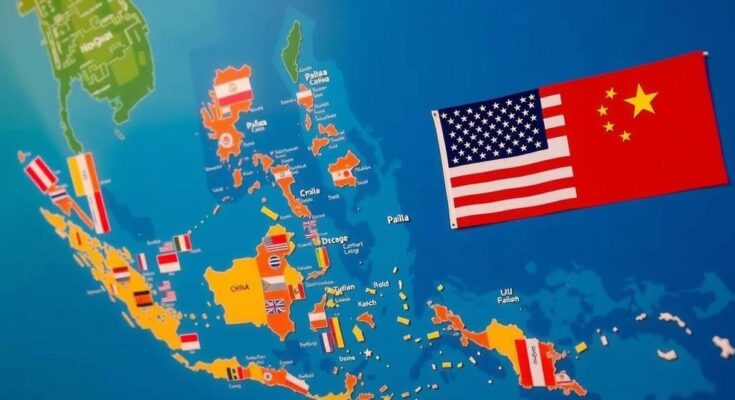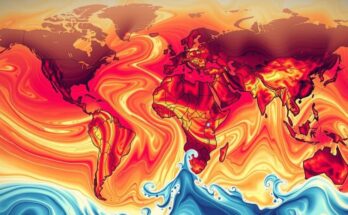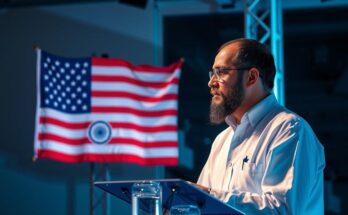Palau will hold elections on November 5, coinciding with the U.S. elections, amid rising geopolitical tensions between China and the U.S. President Surangel Whipps Jr. seeks to enhance ties with the U.S. while his opponent, former President Tommy Esang Remengesau Jr., advocates for potential cooperation with China to address economic issues. The economic situation in Palau is precarious, heavily reliant on imports and tourism, and the outcome of the elections may influence its foreign relations moving forward.
On November 5, Palau will hold elections coinciding with those in the United States. This small island nation, located in the Pacific, remains one of the few countries that maintain diplomatic relations with Taiwan over China, drawing attention amid rising geopolitical tensions in the region influenced by both the US and China. The recent completion of a US military runway in Palau highlights this strategic pivot as concerns grow over China’s expansionism in the Pacific. Current President Surangel Whipps Jr., a strong advocate for bolstering ties with the US, faces off against former President Tommy Esang Remengesau Jr. Remengesau, known for his environmental initiatives, has indicated a potential willingness to cultivate stronger relations with China to address Palau’s economic challenges, particularly the rising cost of living. Residents express anxiety over the economy, which heavily relies on imports and is compounded by various inflationary pressures. As an island nation, Palau imports approximately $70 million worth of goods annually from the United States, with about 10% of its budget funded by US financial assistance through a Compact of Free Association. In addressing national security, Whipps has maintained that a close relationship with the US is paramount, particularly in light of China’s aggressive actions in the region. Meanwhile, Remengesau argues for a focus on environmental security, asserting that economic independence and consultation with local leaders must be prioritized over military alliances. The upcoming election not only reflects a local contest between personal and political interests but also illustrates a broader narrative of international diplomacy amid increasing rivalry between Washington and Beijing.
This article discusses the upcoming elections in Palau, a small Pacific nation facing economic challenges and geopolitical maneuvering by the United States and China. Palau’s historical ties to the US, established through a Compact of Free Association, underscore the nation’s strategic significance in the Pacific region. The election is characterized by a personal rivalry between two influential political figures, as they navigate economic crises while considering possible affiliations with China amid global tensions.
The elections in Palau on November 5 represent more than just a local political contest; they symbolize the broader geopolitical dynamics at play in the Pacific region. With the US seeking to solidify its influence amidst China’s growing assertiveness, the outcome of this election will be pivotal in shaping Palau’s future, both economically and diplomatically. Both candidates present differing visions that reflect the urgent need for balancing international relations with local economic realities.
Original Source: www.theguardian.com




